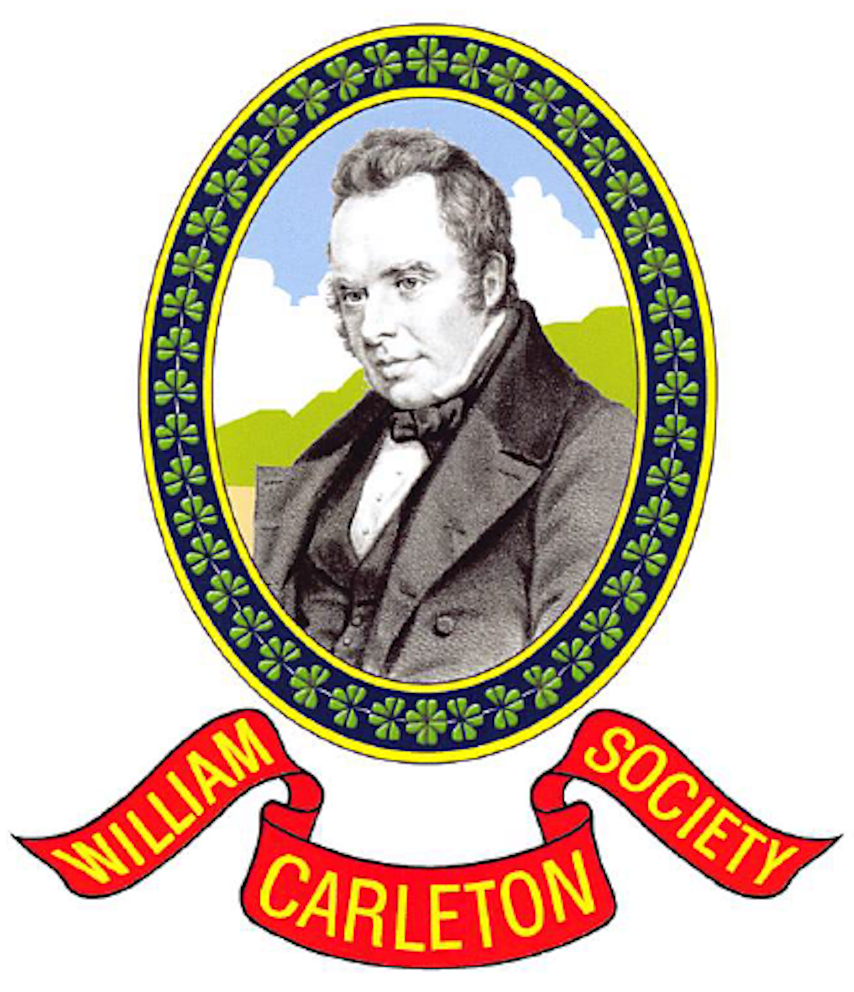-
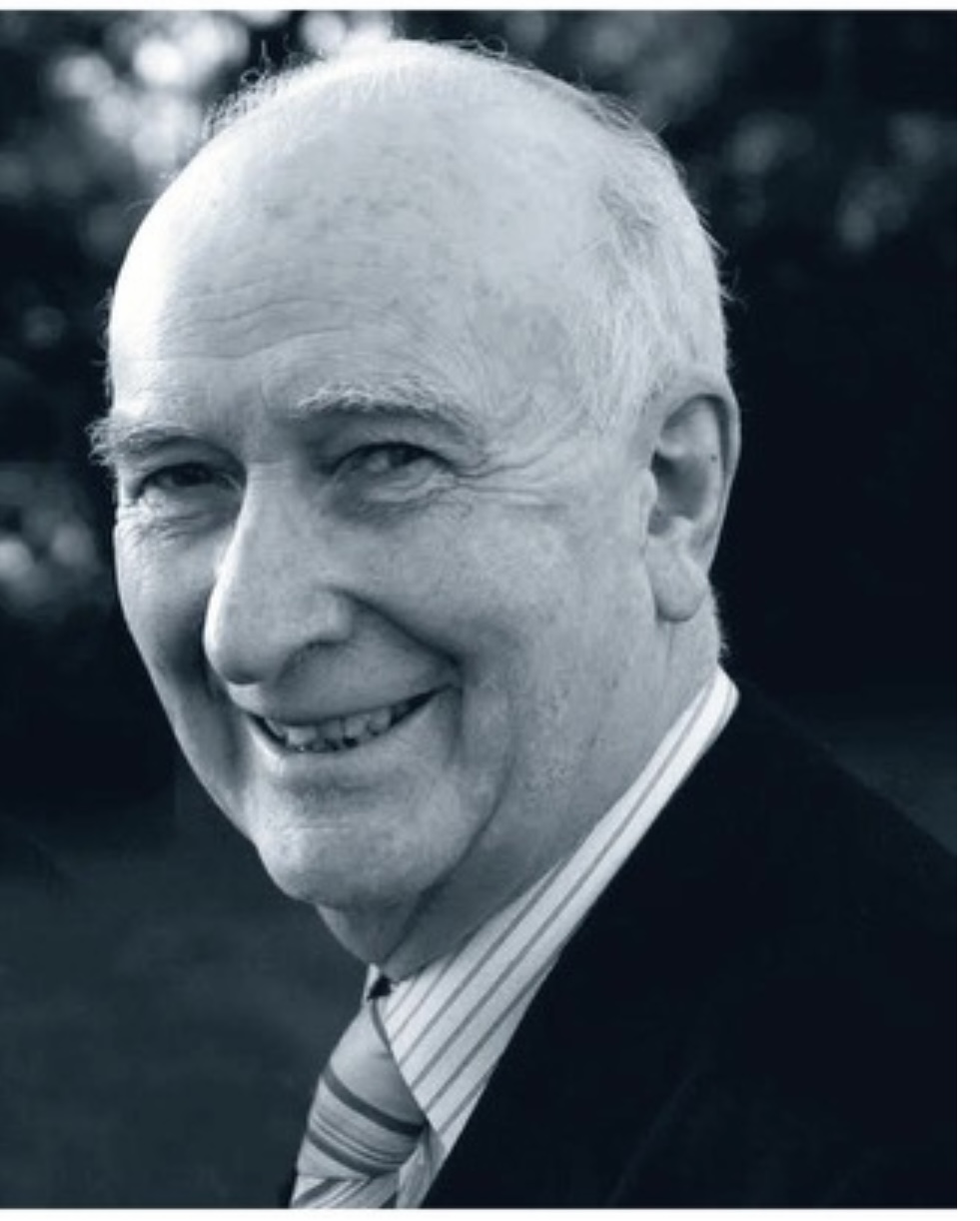
PÁDRAIG Ó BAOIGHILL RIP
The Society was sad to learn of the death of Dr Pádraig Ó Baoighill at his home in Monaghan in June. He was best known for the varied and extensive role he played in the Gael Linn organisation throughout Ireland and in Scotland. He also contributed to regular articles in Gaelic Magazines, the Irish Press…
-
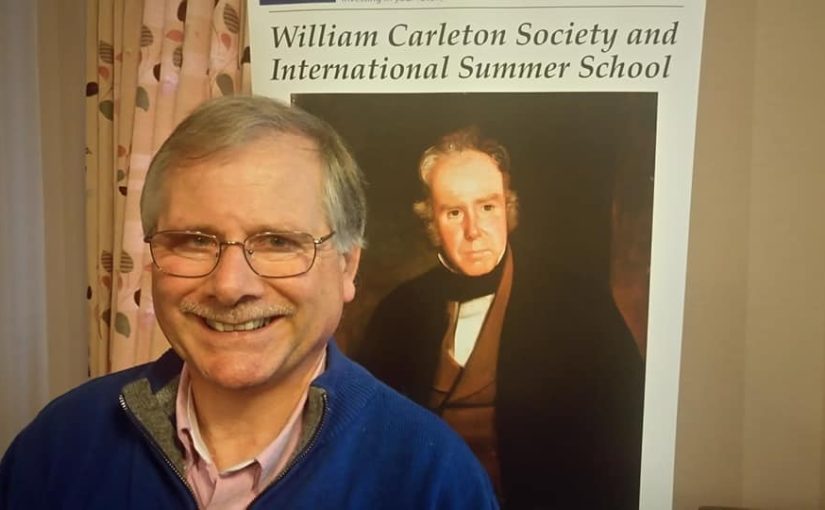
May Weather and the Aurora
Former director of the Armagh Observatory and treasurer of the William Carleton Society Professor emeritus Mark Bailey includes a reference to William Carleton and the Great Aurora (1833) in his May weather round-up. Mark writes as follows: “Armagh Observatory reports that May 2024 was much warmer than average, the warmest May on record. It was…
-
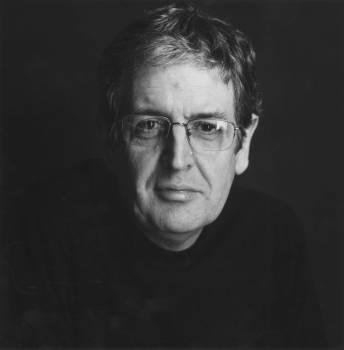
Professor Gerald Dawe RIP
Michael Fisher writes: It was sad to learn of the death at his home in Dún Laoghaire on Wednesday 29th May of another Carleton scholar, the poet & TCD Professor emeritus Gerald Dawe. I met him a few years ago during the East Side arts festival at his former school in East Belfast, Orangefield Boys…
-
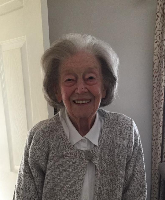
Mary McCaffrey RIP
The committee and members of the William Carleton Society were saddened to learn of the death on March 12th of Mary McCaffrey of Main Street, Fivemiletown. Mary was a brother of our former treasurer, Tom McKeagney, and was a frequent visitor to the annual summer school since it began in 1992 in Clogher. Her funeral…
-
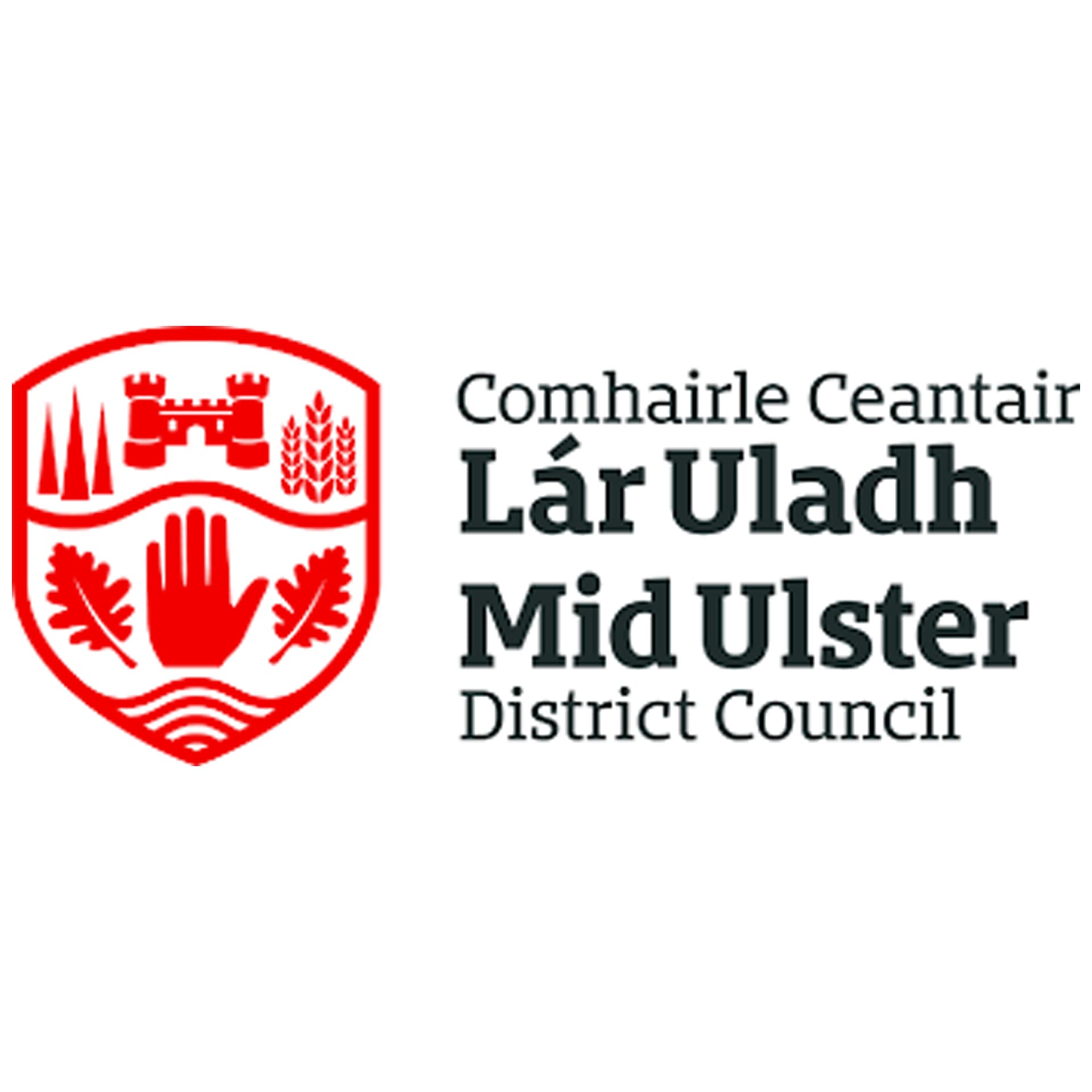
Launch of Digital Archive
Traditional musicians the McKenna family from Clogher helped to recreate the atmosphere of past years at Blaeberry Sunday at St Patrick’s Chair and Well Altadaven. The occasion was the launch of the Society’s digital archive project in August 2023 for which a small grant was received from Mid Ulster Council and whose Chair Cllr Dominic…
-
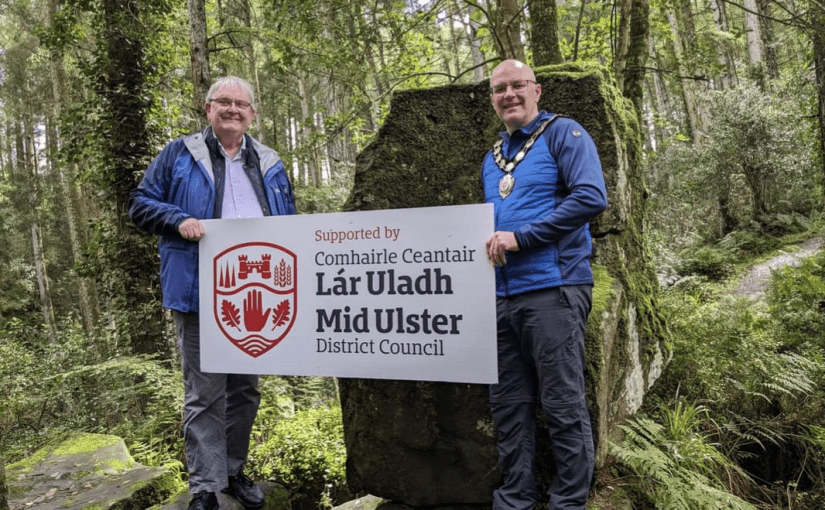
Blaeberry Sunday
The old tradition of gathering at Altadaven near Augher and close to the County Monaghan border on ‘Blaeberry Sunday’ at the end of July was marked by the William Carleton Society in 2023. The event was attended by the Chair of Mid Ulster Council Cllr Dominic Molloy. The Society Chair Michael Fisher brought him to…
-
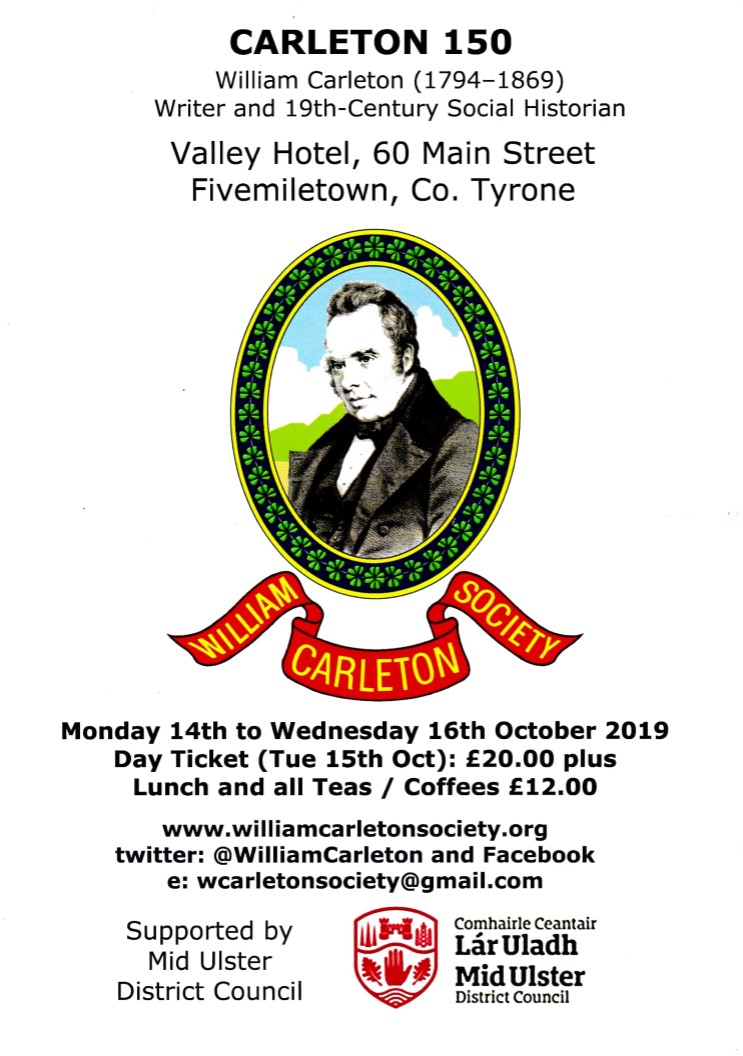
William Carleton Summer School 2019
Summer School 2019 Programme – Carleton 150 The twenty eighth William Carleton Summer School was held from Monday 14 to Wednesday 16 October 2019. Please click on the image to read the full programme.
-
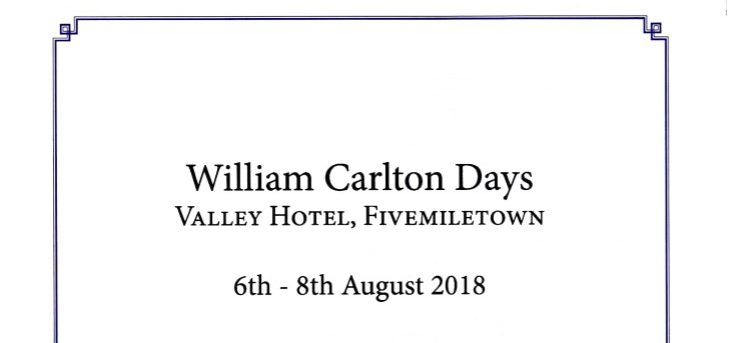
William Carleton Summer School 2018
Summer School 2018 Programme – William Carleton Days The twenty seventh William Carleton Summer School was held from Monday 6 to Wednesday 8 August 2018. PROGRAMME 2018 ALL EVENTS TAKE PLACE AT The Valley Hotel, Main St, Fivemiletown, Co Tyrone BT75 0PW Supported by Mid Ulster District Council Monday 6 August: 7.00 pm – Exhibition…
-
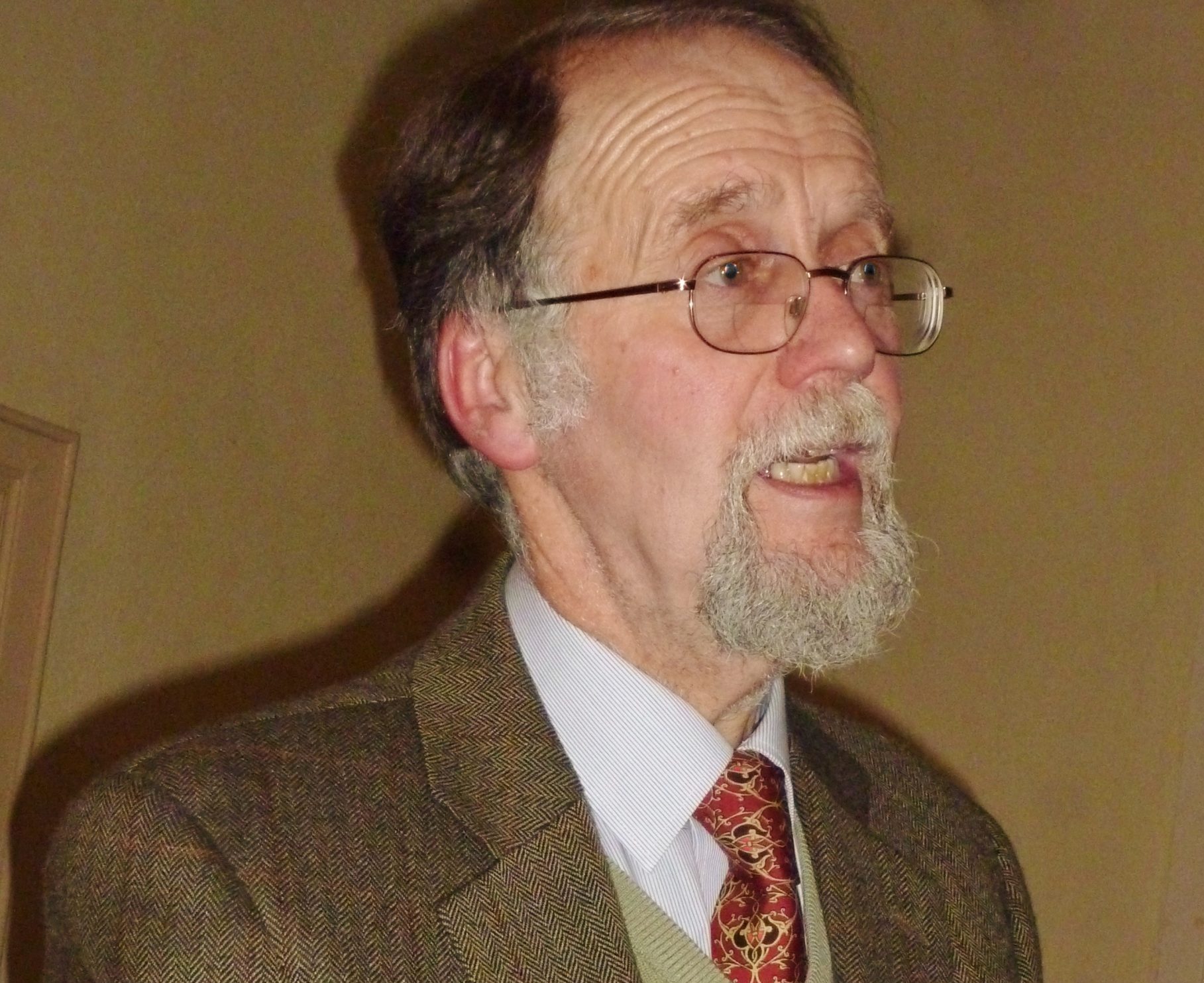
Tours
Tours to places that were vital to the development of Carleton’s life and work or that are related to the themes and focuses of talks and lectures at the current year’s Summer School are run during the Summer School week and organised by historian Jack Johnston. In this he is usually assisted by a number…
